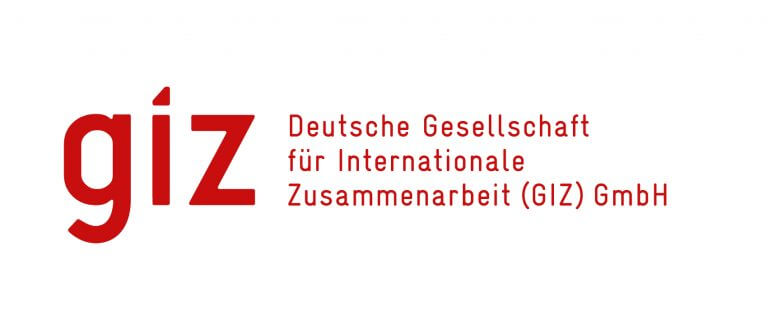The project “Sino-German Cooperation on Mobility and Fuels Strategy (MFS)” promotes the dialogue between Germany and China on the sustainable transformation of the transport and mobility sector. It fosters the bilateral exchange on a range of mobility topics, including integrated transport planning, mobility and transport hubs, sector coupling, rural mobility, and demographic change, as well as the potentials of micro mobility and non-motorised transport. Beyond infrastructural and technical aspects, the project compares and evaluates managerial and regulatory developments as well as the impact of digitalisation to support a sustainable mobility transition in China and Germany.
Such comprehensive approach to green transport and environmental planning is key to address the multifold challenges of an urgent transport transition. The global transport sector is currently going through an intense period of transformation based on interlinked megatrends: urbanisation, sustainable technology transformation, individualisation and digitalisation. It is expected that by 2030 one billion Chinese will live in cities with more than one million inhabitants. This concentration of the population leads to both a shortage of space and an increase in (individualised) mobility needs.
The energy requirements to satisfy new mobility demands is particularly important in China, the world’s largest greenhouse gas emitter. An increase in the use of low-emission and alternative technologies is needed in order to meet international climate targets as well as national or regional emission targets. At the same time, electrification, network integration, automation and shared mobility are emerging as fields of change that have the potential to advance the transport sector fundamentally and sustainably.
Understanding these shifts in a context of public infrastructure, urban planning and traffic control requires a balanced approach and a thorough consideration of the role institutions play at the international, national, and regional level. In their quest for climate-friendly, resilient mobility concepts, Germany and China face similar challenges and can therefore learn a lot from each other. The results of a cooperation on the development and testing of approaches and concepts for scaling up green modes of transport, integrating transport networks and reorganising urban space in China can therefore serve as a blueprint for the growing megacities in Asia, South America and Africa and equally inspire solutions in Germany.
The partnership fosters the dialogue between China and Germany on the necessary transformation of the transport and mobility sector. The dialogue should be strengthened on the political level (between the ministries of transportation of both countries), as well as between science institutions (e. g. universities), municipalities and industry partners.
The project cultivates the political dialogue
between the German Federal Ministry of Transport and Digital Infrastructure (BMVI),
the Ministry of Transport of the People’s Republic of China (MoT) and other
Chinese political partners and strengthens an exchange between policymakers,
researchers, sector experts and private actors of both countries. This includes
not only the design of comparative research and expert dialogues, but equally
the organisation of conferences, workshops and bilateral discussions on best
practices and implementation scenarios, leading to concrete political
recommendations for a sustainable transition at the national, regional and
local level.
17. November 2022



Alexander von Monschaw
Project Director
Sino-German Cooperation on Mobility and Fuels Strategy (MFS) as a Contribution to the Mobility and Transport Transition
Deutsche Gesellschaft für Internationale Zusammenarbeit (GIZ) GmbH
